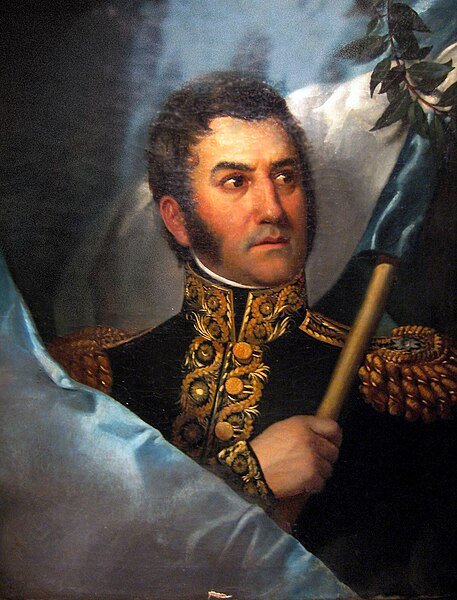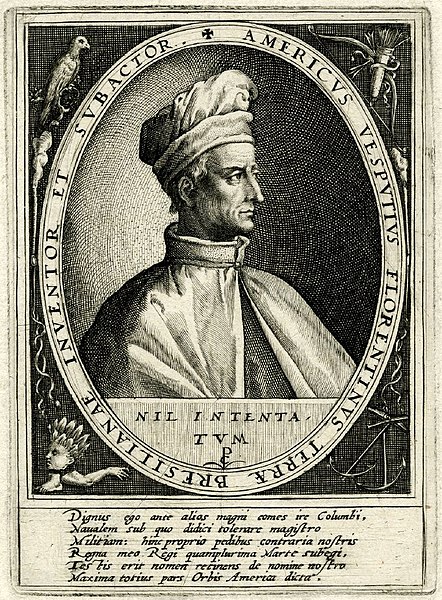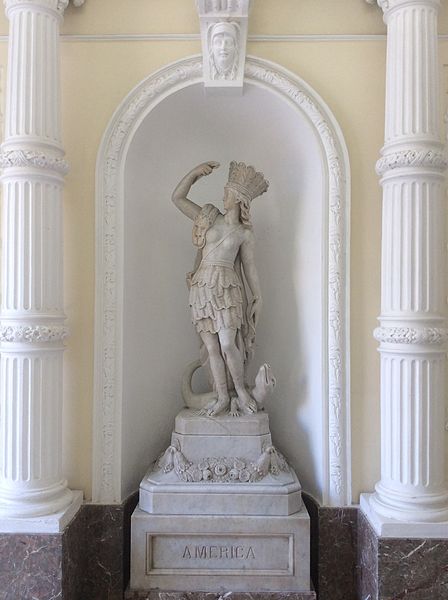Decolonization of the Americas
The decolonization of the Americas occurred over several centuries as most of the countries in the Americas gained their independence from European rule. The American Revolution was the first in the Americas, and the British defeat in the American Revolutionary War (1775–1783) was a victory against a great power, aided by France and Spain, Britain's enemies. The French Revolution in Europe followed, and collectively these events had profound effects on the Spanish, Portuguese, and French colonies in the Americas. A revolutionary wave followed, resulting in the creation of several independent countries in Latin America. The Haitian Revolution lasted from 1791 to 1804 and resulted in the independence of the French slave colony. The Peninsular War with France, which resulted from the Napoleonic occupation of Spain, caused Spanish Creoles in Spanish America to question their allegiance to Spain, stoking independence movements that culminated in various Spanish American wars of independence (1808–33), which were primarily fought between opposing groups of colonists and only secondarily against Spanish forces. At the same time, the Portuguese monarchy fled to Brazil during the French invasion of Portugal. After the royal court returned to Lisbon, the prince regent, Pedro, remained in Brazil and in 1822 successfully declared himself emperor of a newly independent Brazilian Empire.

José de San Martín
The Battle of Boyacá sealed Colombia's independence
Painting of José de San Martín's proclamation of the independence of Peru on 28 July 1821 in Lima
Battle of Carabobo
The Americas, sometimes collectively called America, are a landmass comprising the totality of North and South America. The Americas make up most of the land in Earth's Western Hemisphere and comprise the New World.
America is named after Italian explorer Amerigo Vespucci.
The Plaza Occidental in Copán, Honduras
Statue representing the Americas at Palazzo Ferreria, in Valletta, Malta
Christopher Columbus leads expedition to the New World, 1492.








